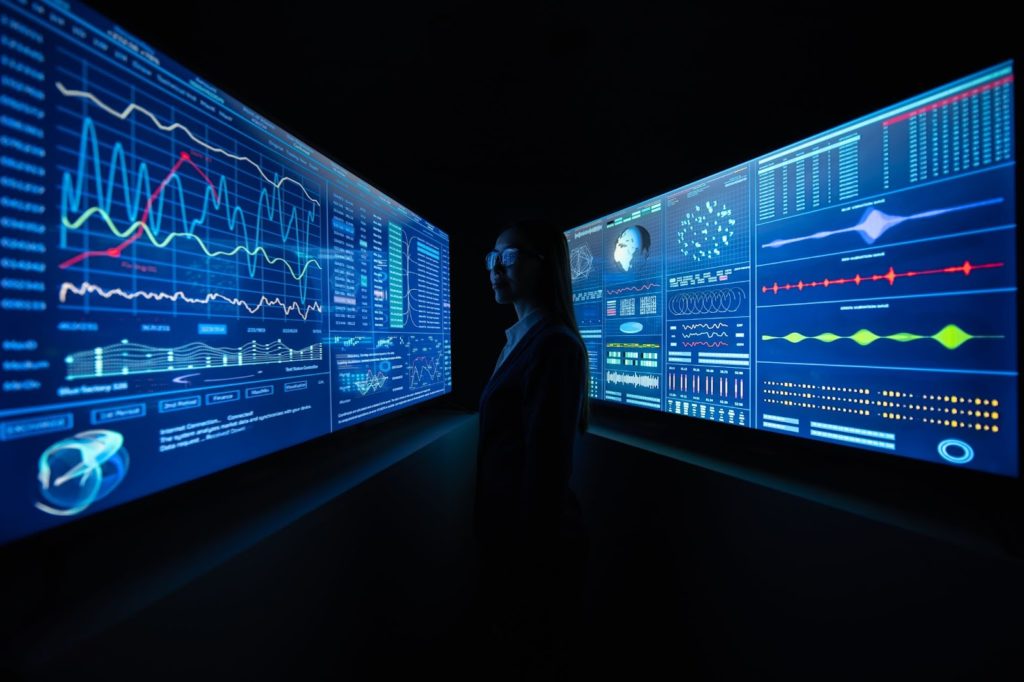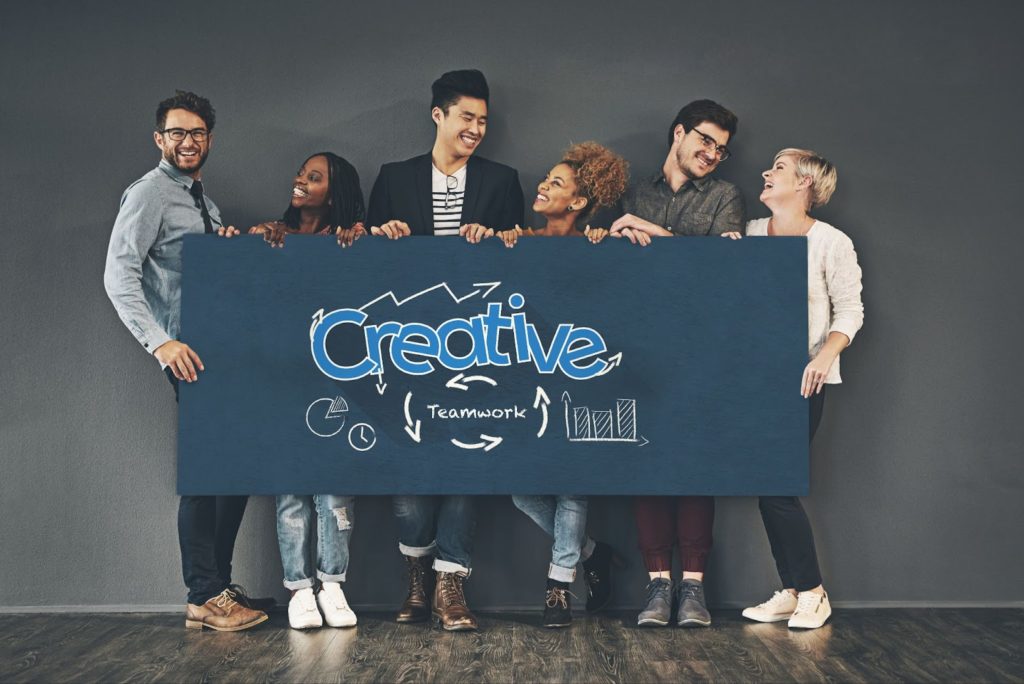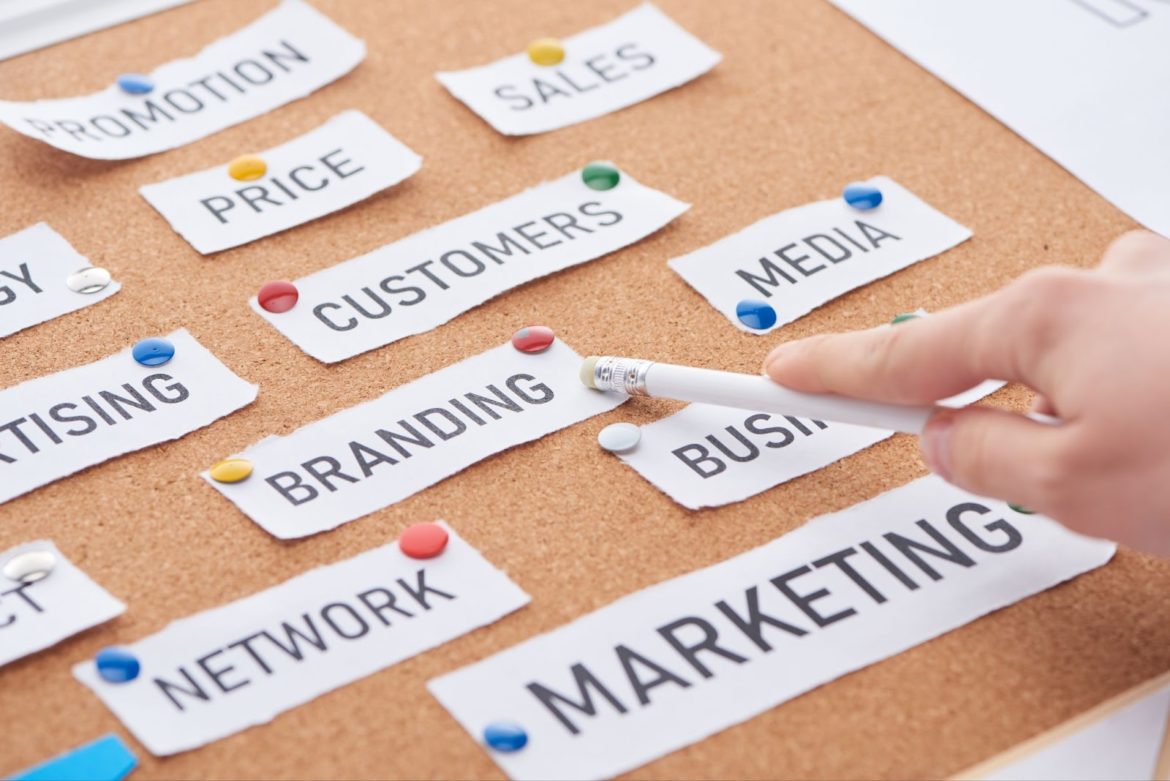The marketing industry has changed a lot in the last 10 years. We have moved from printed ads, handing out leaflets, large expensive billboards to devices that can reach globally through platforms like Instagram stories and AI chatbots. Forcing brands needing to change and update their marketing strategies, they must follow the latest trends and use the best tools. Brands need to constantly update marketing strategies, utilizing current trends and effective tools. If they don’t, they might fall behind.
This article will explore how technology has affected marketing, and the defining innovations fueling the transformation. Offering a roadmap for marketers to use in order to navigate the digital frontier.
1. The Digital Age and Data
The digital age has made it easy to record and manage billions of data points, this includes click behavior, purchase trends, and engagement metrics. Today, data collection and data analyzing are critical before procuring any marketing strategy. New technology not only dramatically improved marketing research capabilities, it also introduced new challenges around organizing and making sense of abundant information.
This change caused big data companies to utilize analytics and AI tools to help marketers get useful insights from large datasets. With AI making automation, deeper consumer behavior analysis, and strategy tailoring a very efficient process through precise segmentation and predictive modeling.

2. Personalization & Reach
With better data collection and advanced algorithms, marketers can understand consumer needs much more easily. They use strategic personalized messaging, product recommendations, and tailored experiences. This approach drives conversions and has become a standard expectation for users. New emerging tech has enabled more immersive, personalized, and integrated marketing ecosystems.
Predictive analytics is now very important. It uses past data and AI to predict what consumers need. This helps deliver the right offers at the right time. Making predictive AI engines and personalization algorithms are transforming content targeting and ROI optimization.
3. Multi-Channel Engagement
Consumers now interact with brands on many devices and platforms. These include mobile apps, websites, social media, and physical stores. Marketers are learning to utilise all available platforms to maximise impressions from all platforms.
This crossover of traditional and digital allows traditional marketing funnels to interconnect with the digital world. Platforms like YouTube, TikTok, and Instagram are leveraged for authentic engagement, influencer collaborations, and brand expansion.

4. UX/UI and Customer Experience
Beyond messaging and attracting clicks, the delivery matters. The lack of a smooth, visually compelling, and intuitive user interface and experience could break marketing campaigns. Good UX/UI design boosts engagement and conversions. It does this by creating easy navigation, attractive visuals, and clear calls to action.
5. Adaptive Marketing Campaigns
Modern marketing is no longer a static endeavor, but a living, evolving process. Brands now depend on real-time feedback from customer comments, social media, surveys, and analytics. This helps them improve campaigns quickly. This constant loop of feedback and adjustment ensures campaigns stay relevant and responsive to shifting consumer needs.
Feedback-driven strategies help businesses make ads that feel natural. They provide 24/7 customer service with chatbots and AI assistants. They also use user-generated content to build trust and authenticity. These adaptive models help brands remain agile in a fast-changing digital marketplace.
6. Creative Strategy and Technological Utilization
The most successful marketing strategies today strike a balance between creativity and technology. Technology makes campaigns smarter, bigger, and based on data. However, creativity behind the screen still shapes a brand’s story, building emotional connections and inspires loyalty.
Many marketers now believe that creativity and technology now share equal importance, while nearly a third prioritize technological tools over creative approaches. The real advantage comes from combining storytelling with data. This creates campaigns that are both emotionally engaging and strategically accurate.

7. AI in Marketing
As marketing continues to advance, new technologies are creating new gateways to marketing. Generative AI is changing storytelling, helping brands create personalized stories that can change based on consumer behavior.
Having an adaptive AI engine helps to create experiences that feel unique to each individual. Connected devices and tracking help marketers understand subconscious responses and emotions better. Unlike traditional surveys, these insights uncover how people truly connect with messages on a personal level. These tools are making so that marketing is not only more personalized but also more emotionally attached , helping brands build stronger, longer-lasting relationships with their customers.
8. The Ethical Issue
With these advancements however, comes responsibility. The same tools that enable precise targeting and personalization also have raised concerns about privacy, data security, and consumer trust. Brands need to balance innovation with a duty to be ethical, respecting user data and ensuring transparency, helping to prevent the misuse and protecting consumer personal data from those with bad intentions.
Successful strategies demand cross-functional collaboration between creative teams, data analysts, technicians , and strategists working together to deliver cohesive campaigns that align with business goals while honoring consumer trust.

How Has Technology Affected Marketing
Technology has forever affected marketing, transforming it into a process to be more data-driven, personalized and automated. But the true key to success lies in balancing creativity with technology, innovation with ethics, and data with human insight. Relying only on AI and automation may not be as successful.
Combining creativity, the human touch, and today’s tools can lead to better results. The digital age rewards those who can adapt quickly, embrace continuous learning, and build meaningful connections with audiences. For marketers, the journey is ongoing, but the opportunities have never been greater.


